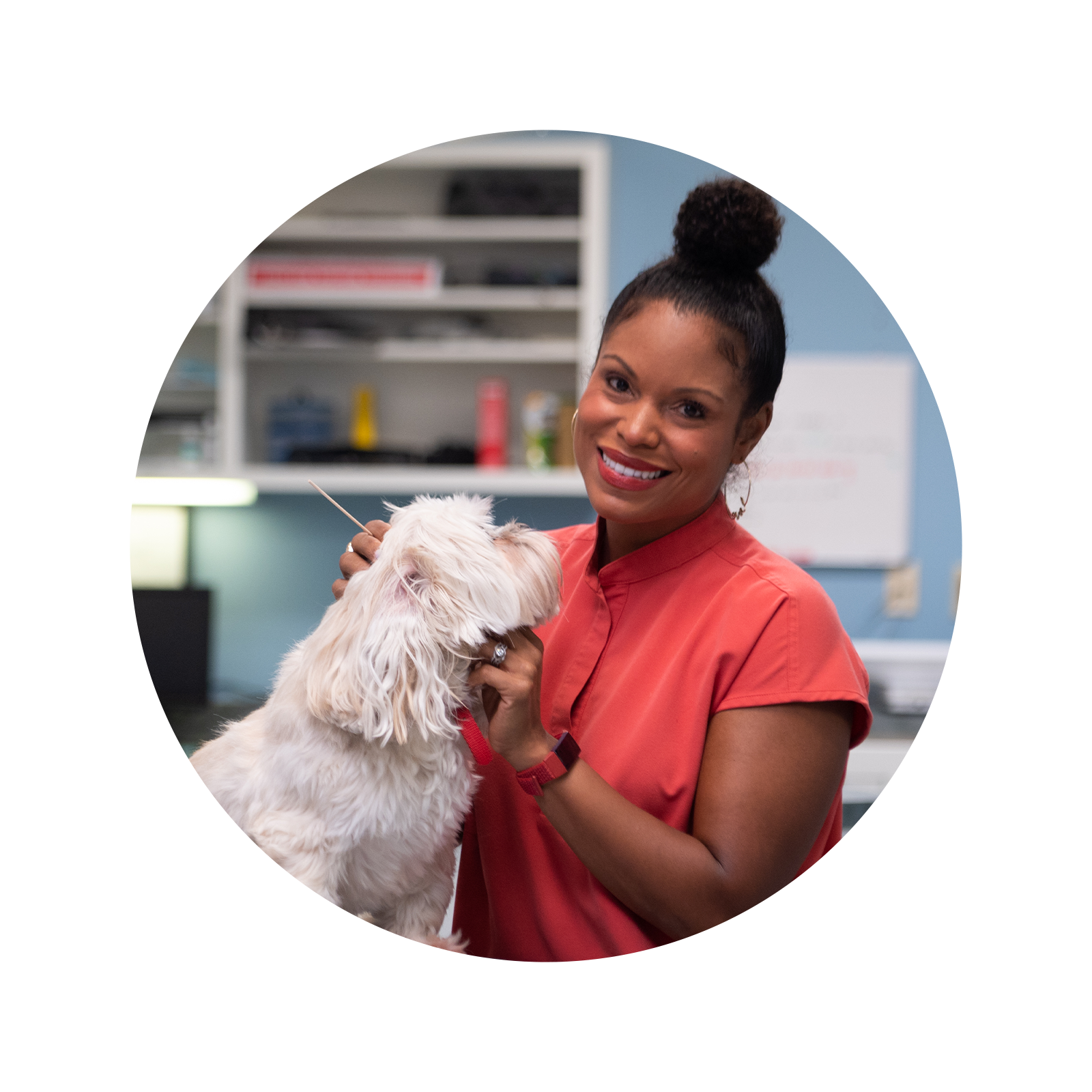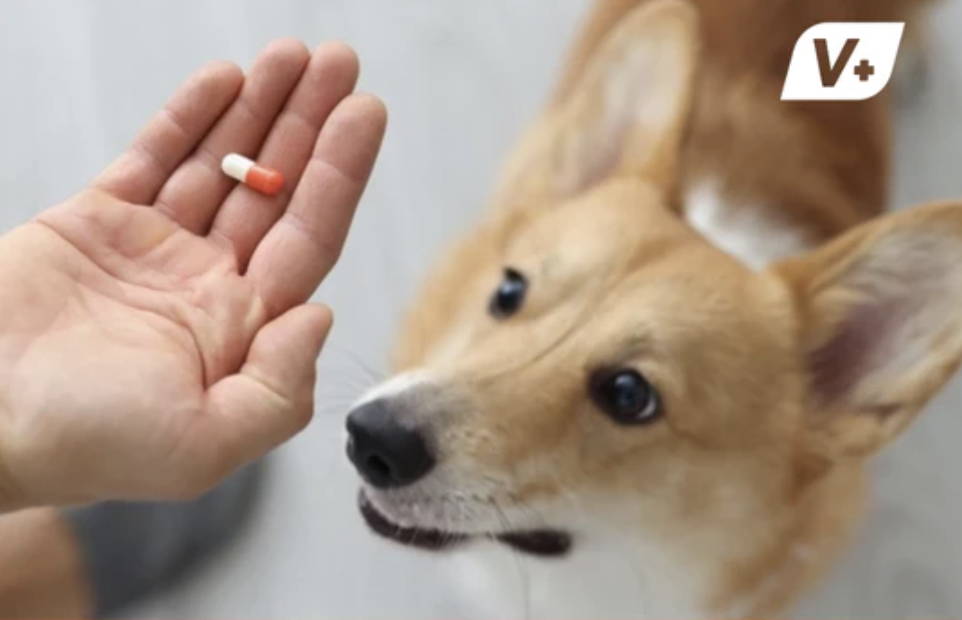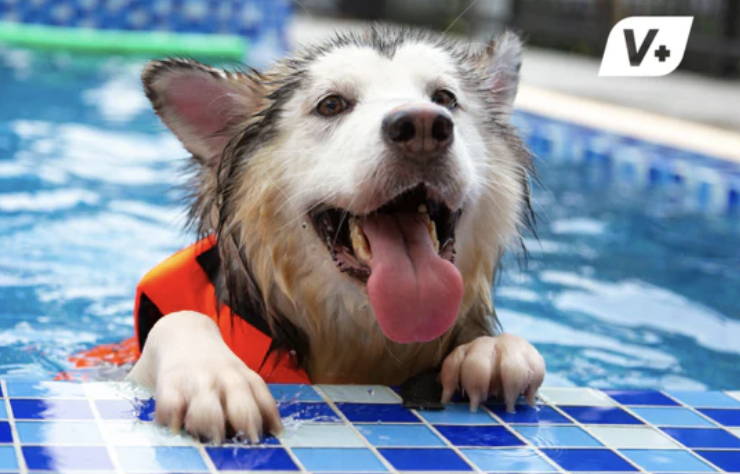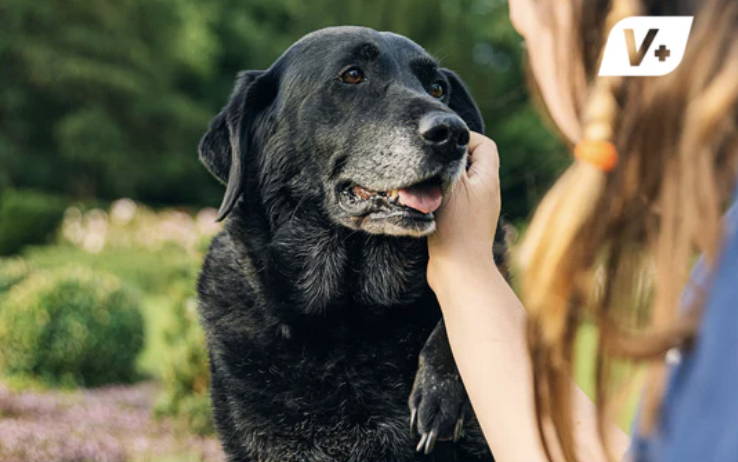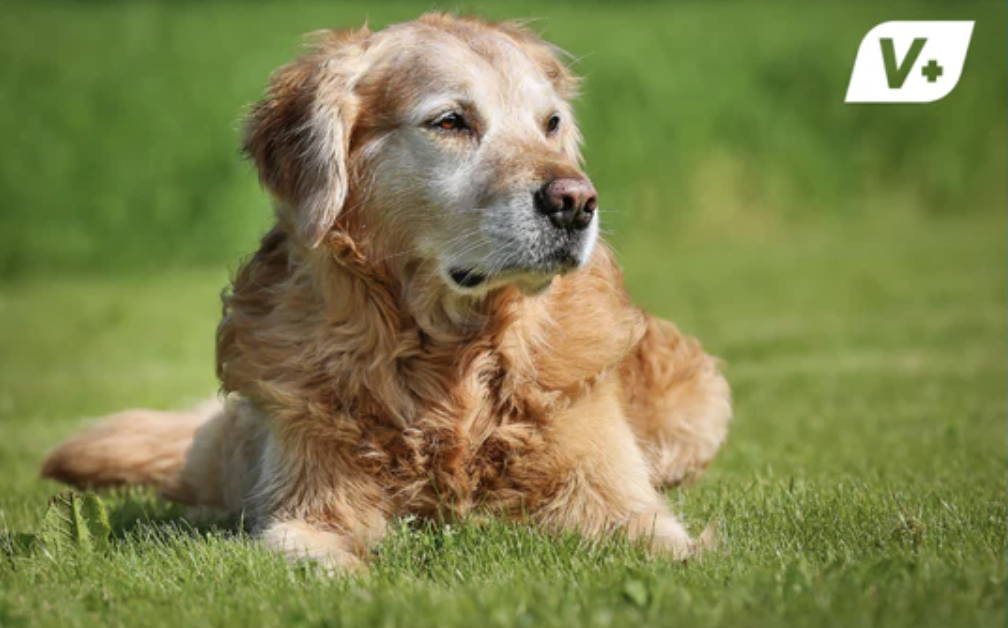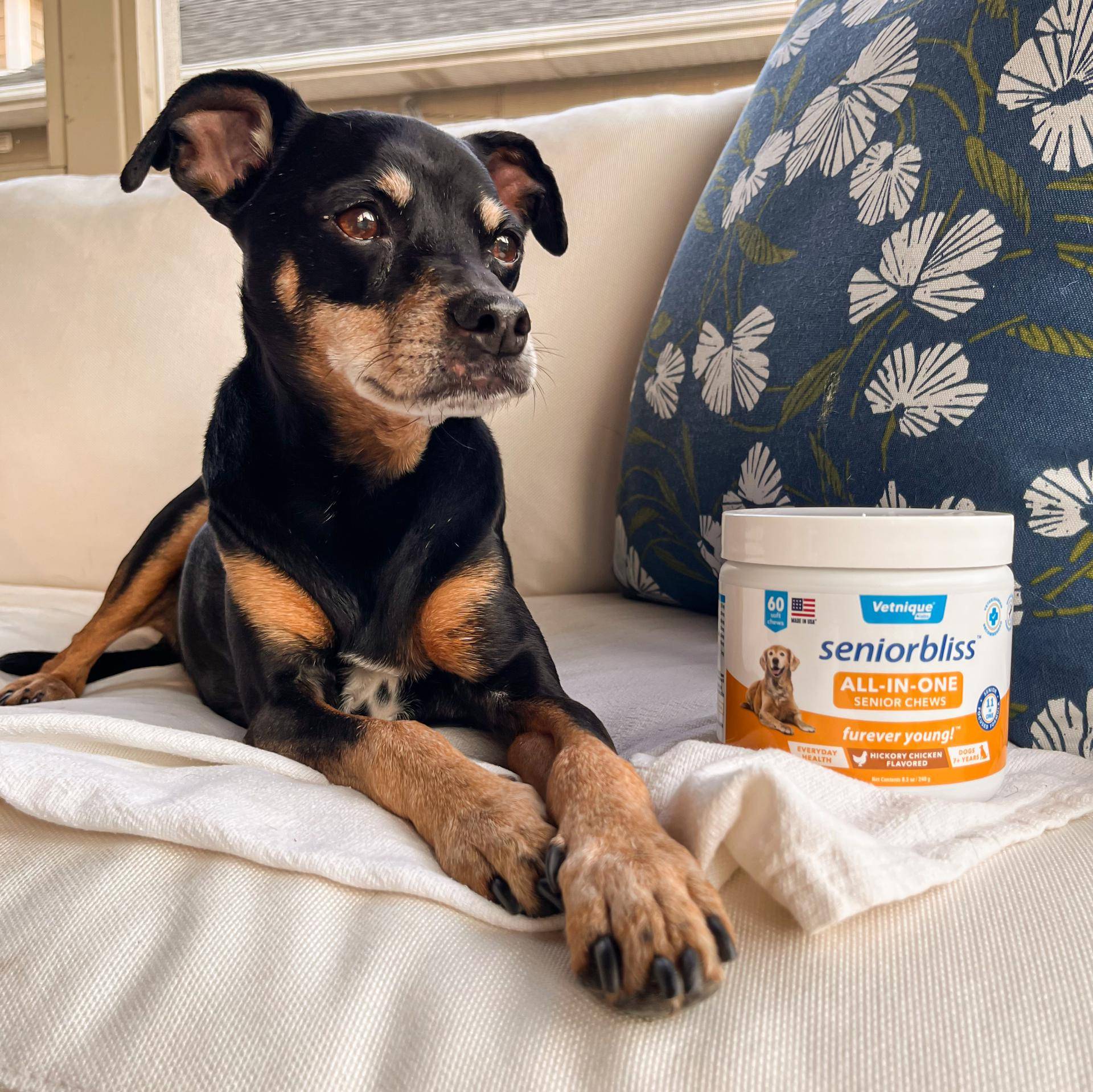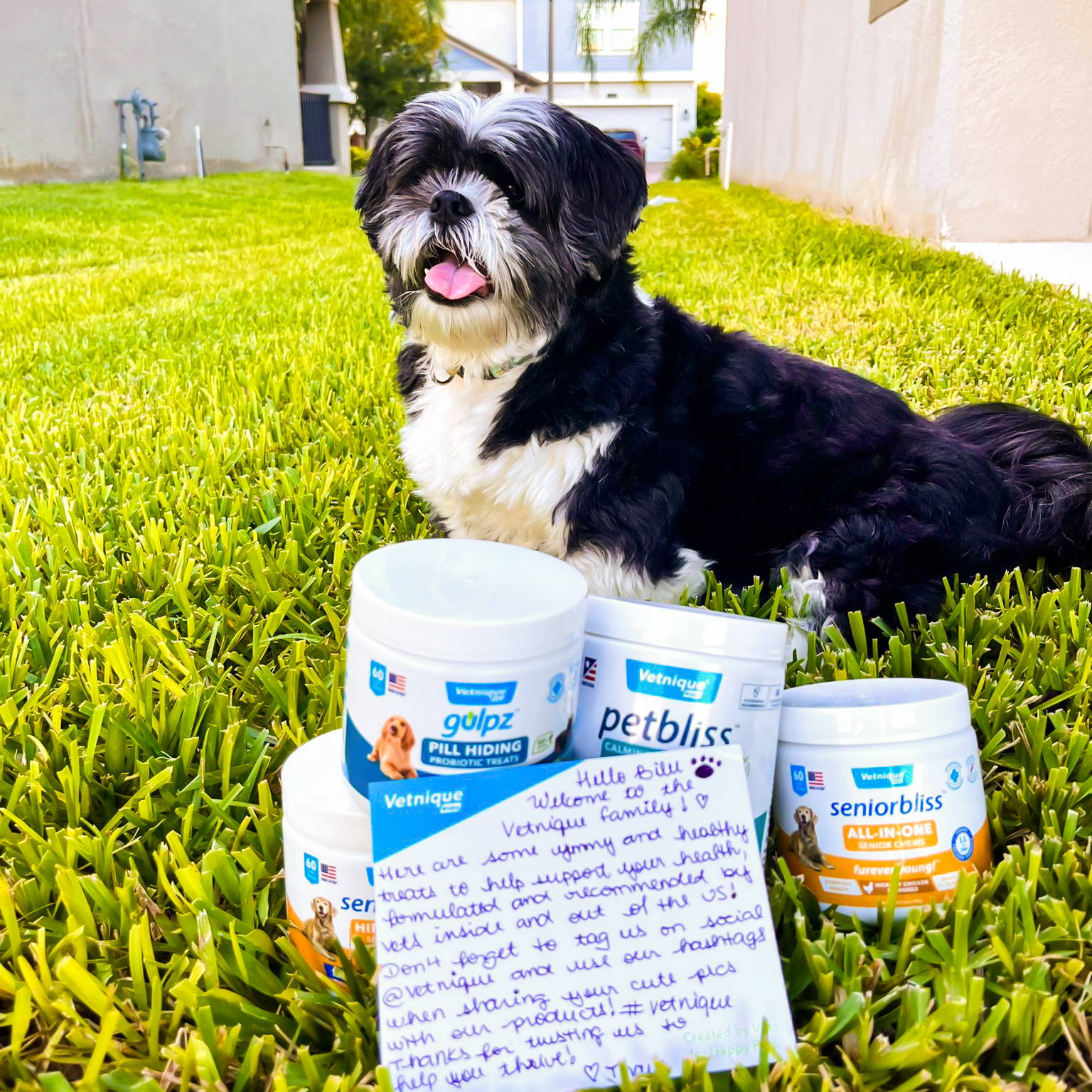12 ways to Support Your Senior DoG
Jump to Section
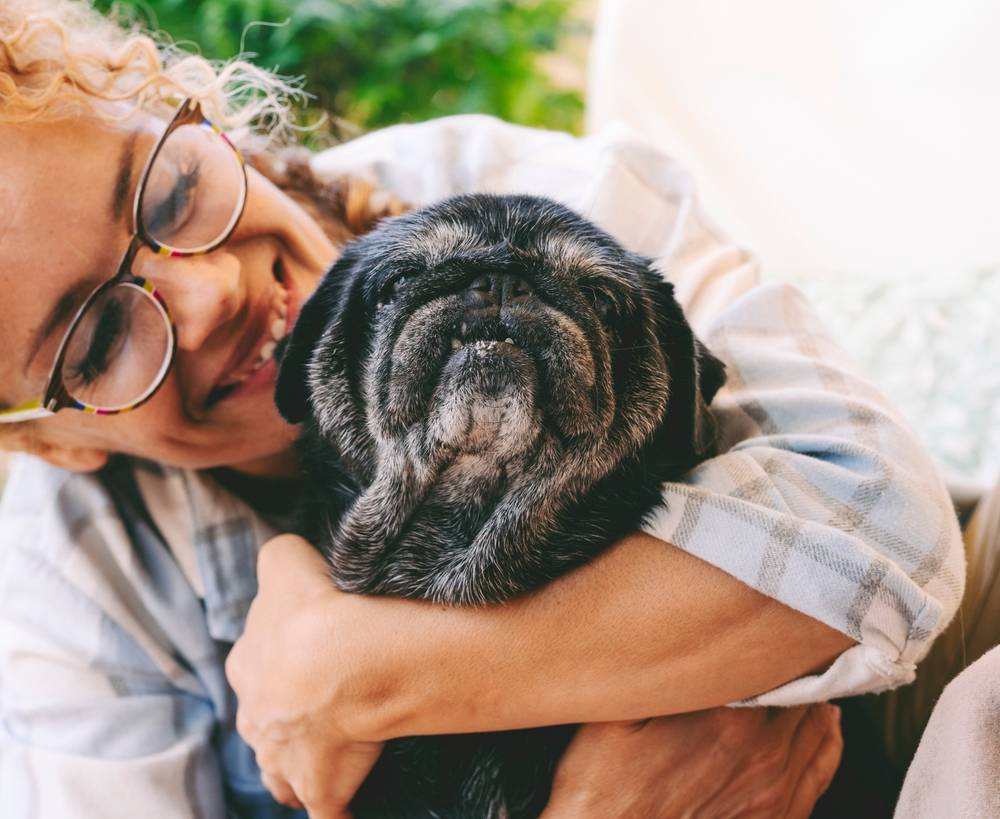
Are you the parent of a senior dog? Maybe you’ve noticed that chasing squirrels has become more challenging for them. Or perhaps in recent months, they’d rather lay at your feet than jump in your lap. What gives?
The canine senior years don’t exactly come with a guidebook, but we’re here to tell you that it’s normal to be unsure about the best way to support your senior pooch. Some new behaviors might even be worrisome enough to keep you up at night––so it’s important to know what to expect as your dog transitions from adult to senior citizen.
When is a dog considered a senior?
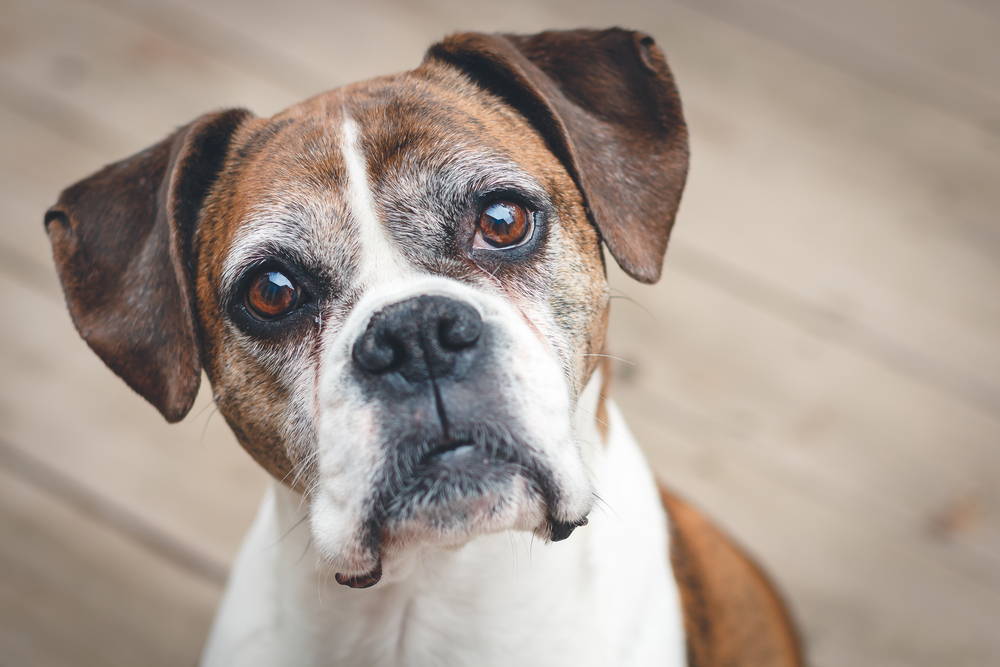
What to expect as your senior dog gets older
Reduced mobility – your once-zoomy dog is now taking his time getting around
Change in appetite – your dog is becoming pickier about what and how much they eat
Weight gain – reduced energy levels mean your pup may be packing on more pounds
Increased allergies – your dog’s reactions to seasonal allergies seem to be more severe
Changes to skin and coat – your dog’s fur is thinning, or their skin is drier than usual
Joint stiffness or pain – running, standing up from lying down, and other physical activities seem to be more painful for your pup
Mental changes – your dog’s mentation, or mental activity, may change as they get older. Some senior dogs experience mental dullness and dementia, which can manifest as increased drowsiness, shaking or trembling, or more time spent sleeping.
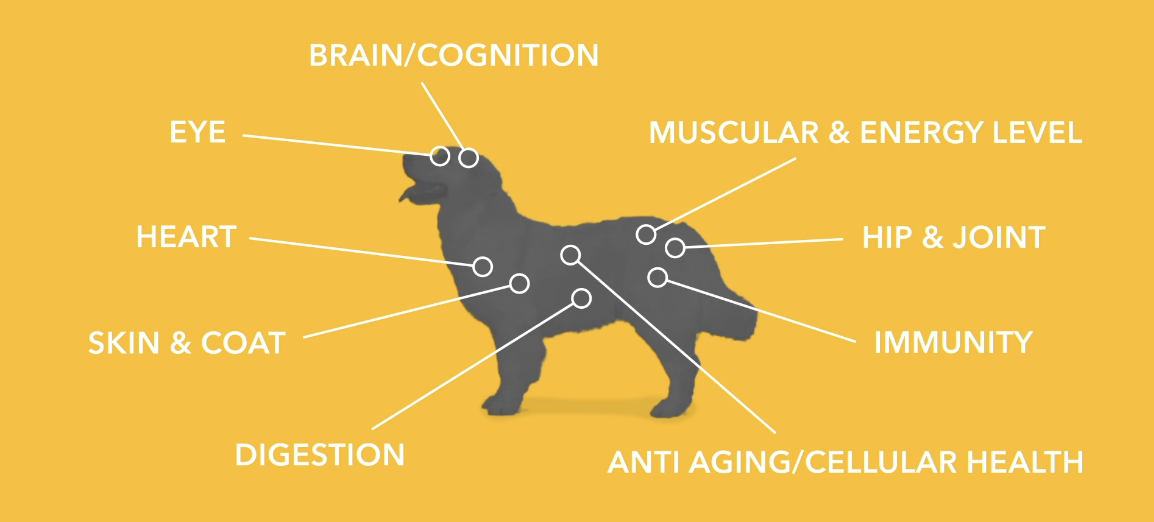
12 ways to support senior dogs
Is your dog approaching–or already deep into–their senior years? It’s normal to worry about what could happen as they age, or wonder if you’re doing enough to keep them happy and comfortable. We all struggle with knowing what to do to support our pet’s best health! To start, we have a few suggestions for how to support your senior dog at home.
Exercise
Food
Supplements
- Glucosamine (for senior dogs’ joint and cartilage health)
- Chondroitin (for senior dogs’ joints and connective tissues)
- Turmeric (to support a healthy inflammatory response)
- Omega Fish Oils (to support healthy, strong muscles, joints, and skin)
- Astaxanthin (an antioxidant that helps maintain essential functions of the brain, eyes, heart, and more)
- Lutein (for senior dogs’ eye health)
- Probiotics & Prebiotics (to help maintain healthy GI function and digestive health)
- Quercetin (to support a normal inflammatory response to seasonal allergies)
Comfort
- If you haven’t already, think about having a few dog beds around the house so that your senior dog can easily rest when they feel tired. This will also help take the pressure off of their joints as they rest.
- If stairs are becoming a problem for your pup, make sure they have an extra food or water bowl on every floor of your house to reduce their need to traverse stairs.
- For senior dogs with advanced hip and joint pain who have no choice but to ascend stairs, consider a dog sling. It can help you carry your dog up and down the stairs when you have no other choice!
- If your senior dog likes to sleep on a couch or bed, build a ramp or step that can help them reach these higher places.
Mental stimulation
Dental care
Grooming
Bathing
Socialization
Affection
Veterinary checkups
Prevention
Learn more about senior dog health with Dr. Joya Griffin!
Join the Pack!
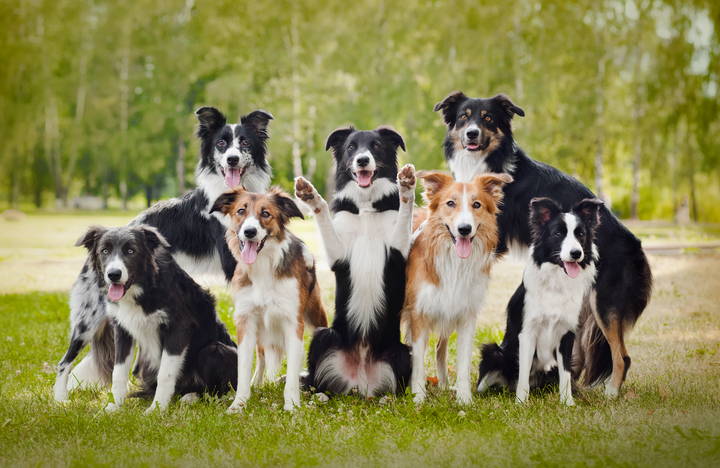
Sign up for exclusive deals, curated pet tips from veterinarians, and product launches!
Pet Parents are Also Reading...
March, 2023
Related Articles
